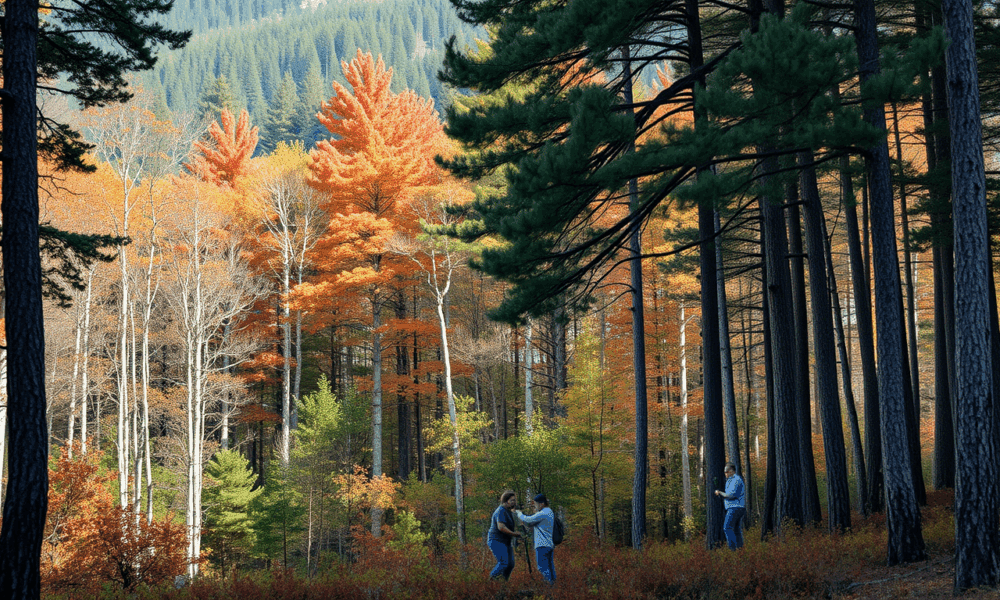
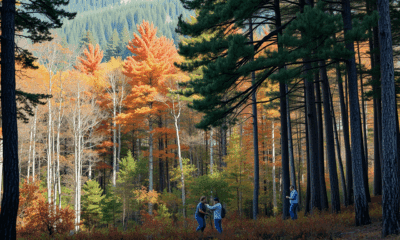

Forests aren’t keeping up with today’s climate chaos. While temperatures soar within decades, tree populations take 100 to 200 years to shift in response. A sweeping...
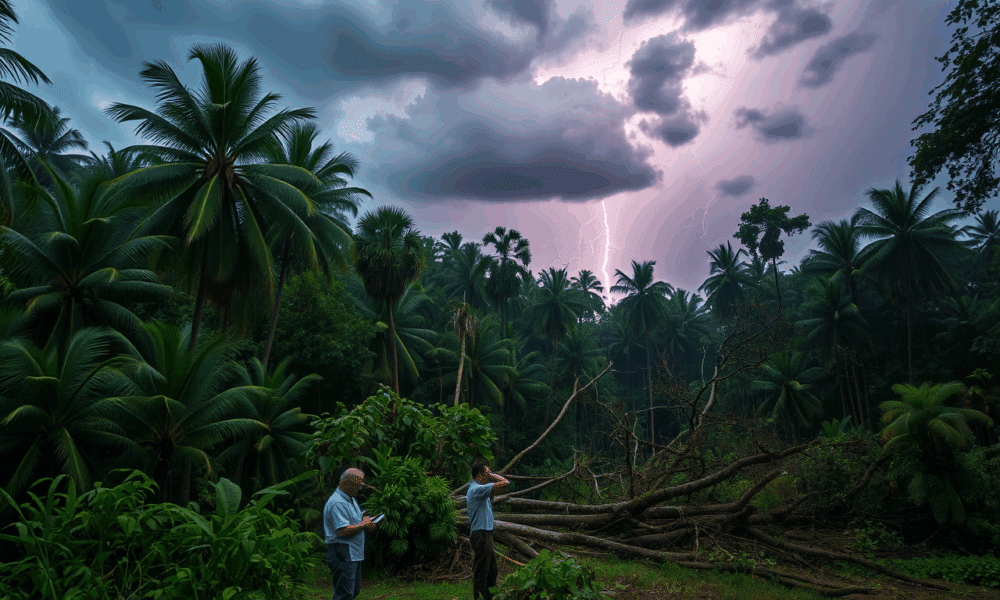
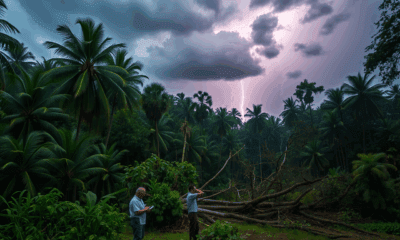

Tropical trees are dying faster than ever, and it's not just heat or drought to blame. Scientists have uncovered a surprising culprit: ordinary thunderstorms. These quick,...
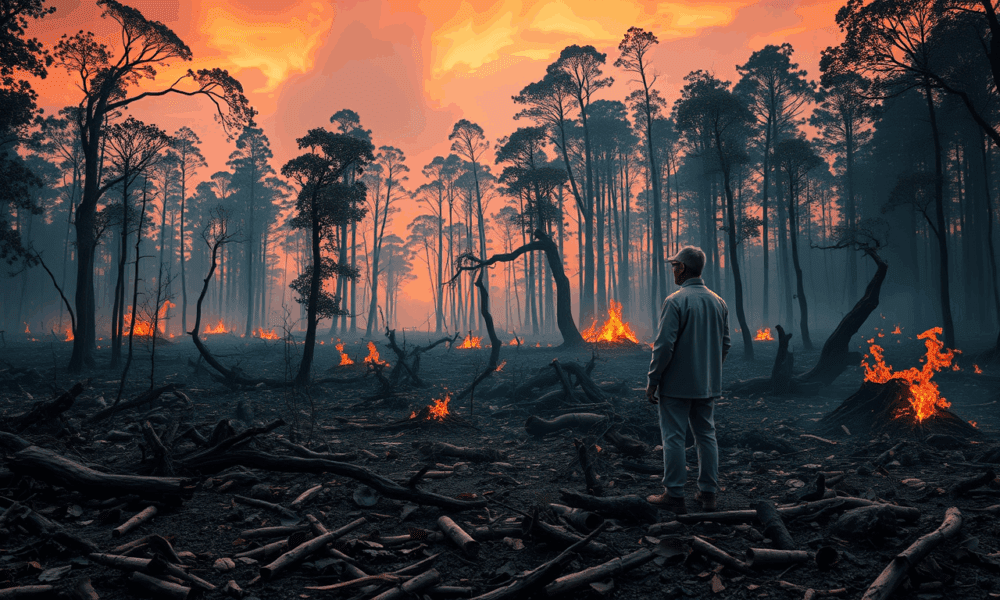
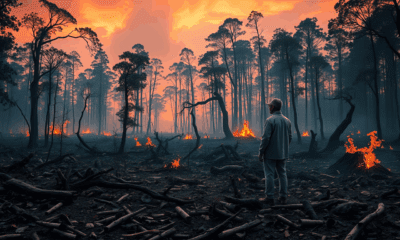

When Siberian volcanoes kicked off the Great Dying, the real climate villain turned out to be the rainforests themselves: once they collapsed, Earth’s biggest carbon sponge...



Breathing polluted air—even at levels considered “safe”—may quietly damage your heart. A new study using advanced MRI scans found that people exposed to more air pollution...



Macquarie University researchers reveal that chlorothalonil, still commonly sprayed on American and Australian produce, cripples insect fertility by more than a third at residue levels typically...
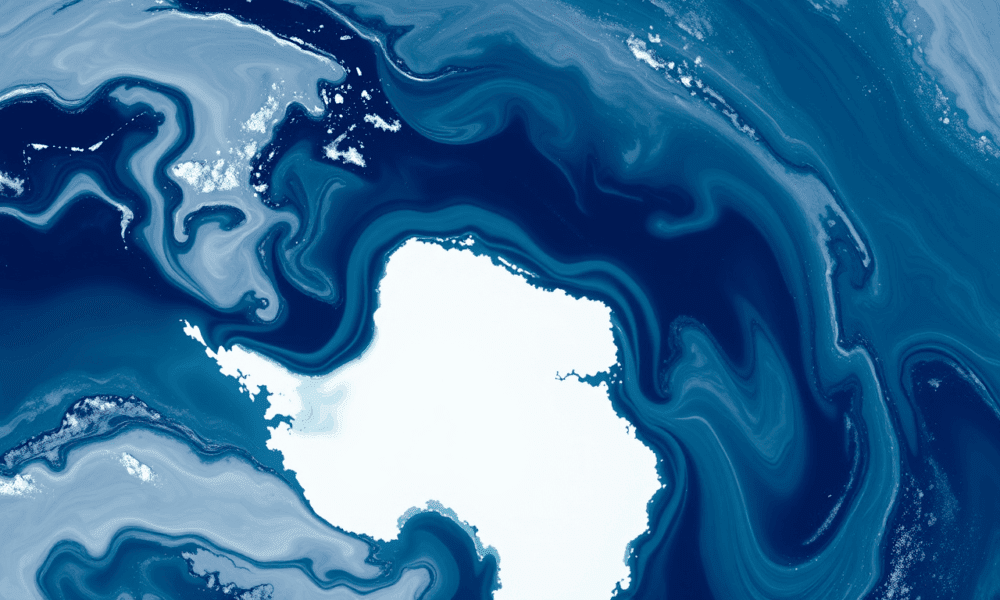
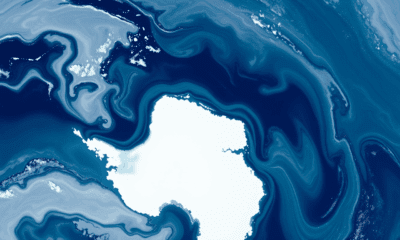

A massive and surprising change is unfolding around Antarctica. Scientists have discovered that the Southern Ocean is getting saltier, and sea ice is melting at record...
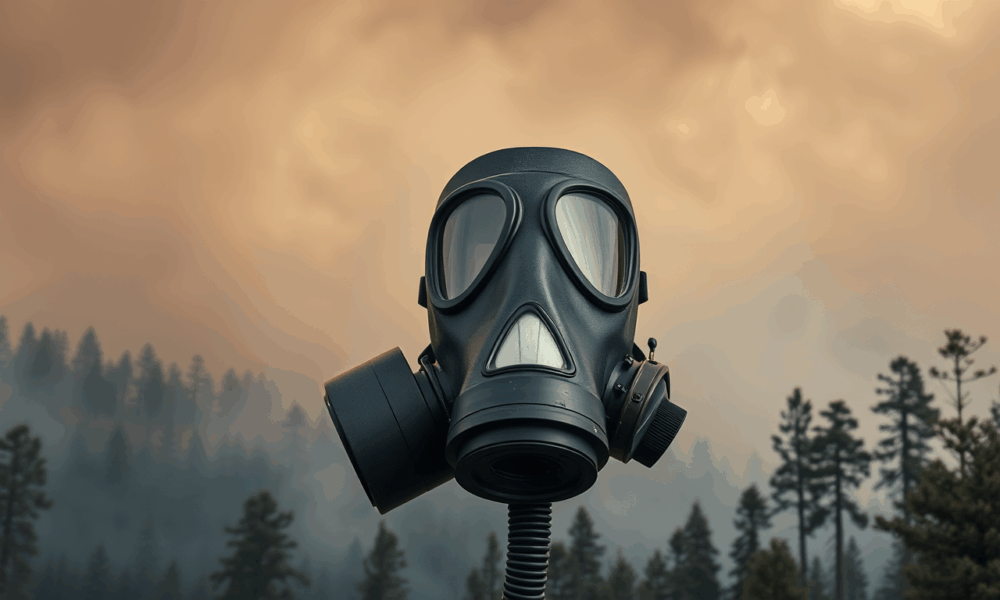
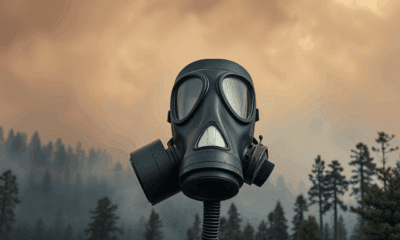

Smoke from wildfires and structural fires doesn t just irritate lungs it actually changes your immune system. Harvard scientists found that even healthy people exposed to...
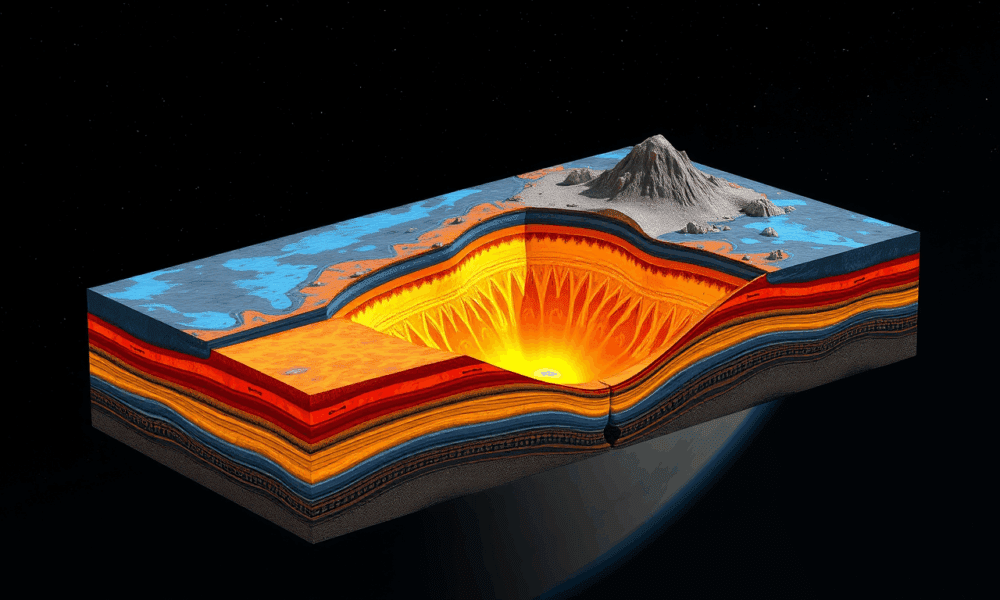
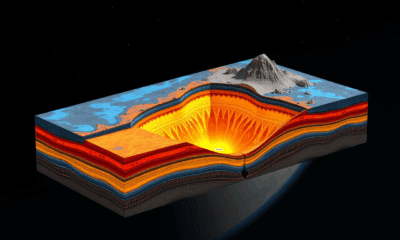

Beneath the Afar region in Ethiopia, scientists have discovered pulsing waves of molten rock rising from deep within the Earth — a geological heartbeat that could...
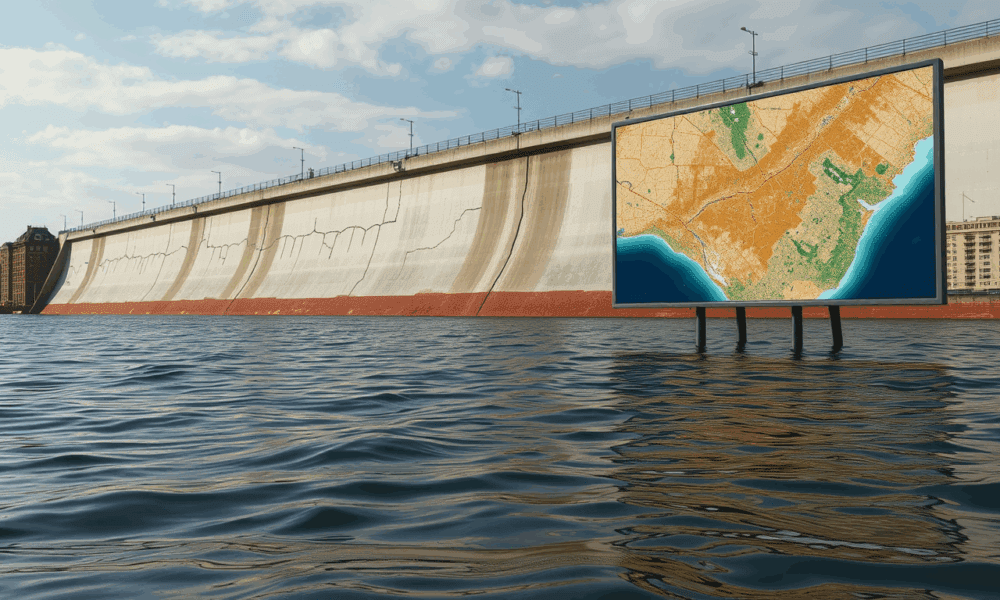
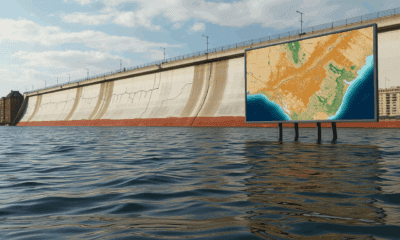

Parts of New Orleans are sinking at alarming rates — including some of the very floodwalls built to protect it. A new satellite-based study finds that...
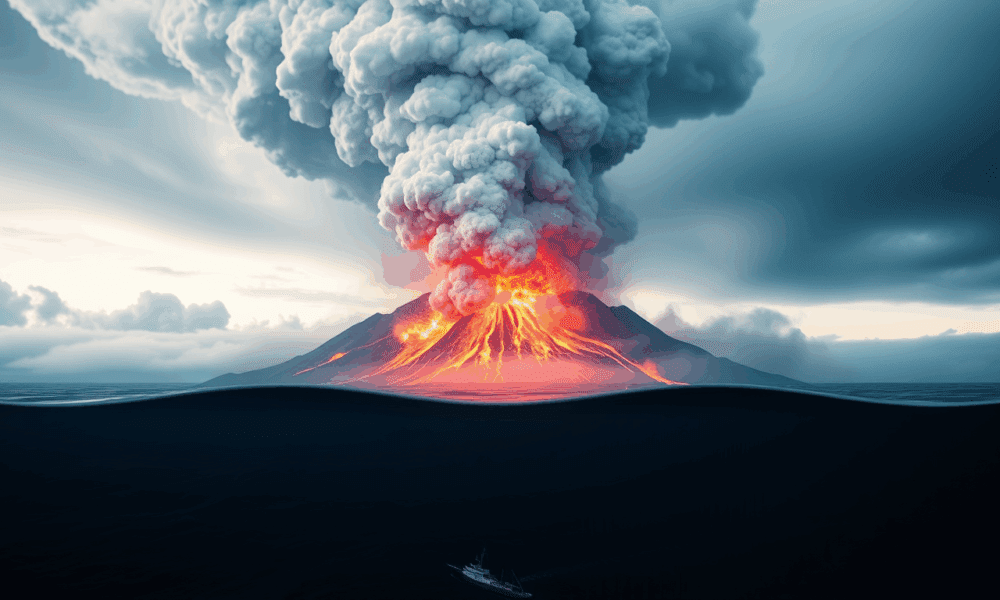
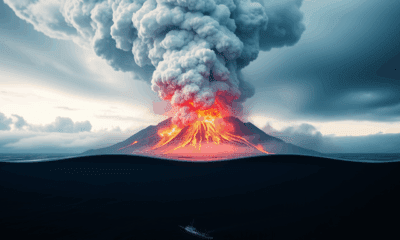

Over 300 million years ago, Earth experienced powerful bursts of carbon dioxide from natural sources—like massive volcanic eruptions—that triggered dramatic drops in ocean oxygen levels. These...